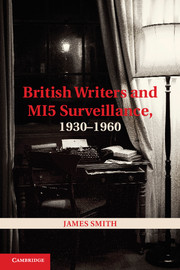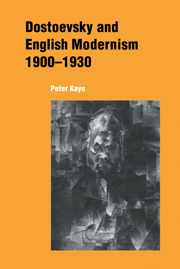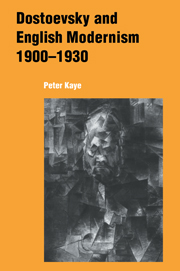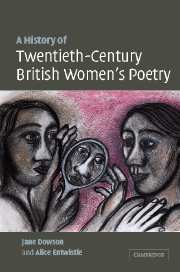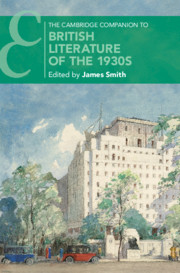British Writers and MI5 Surveillance, 1930–1960
Britain's domestic intelligence agencies maintained secret records on many left-wing writers after the First World War. Drawing on recently declassified material from 1930 to 1960, this revealing study examines how leading figures in Britain's literary scene fell under MI5 and Special Branch surveillance, and the surprising extent to which writers became willing participants in the world of covert intelligence and propaganda. Chapters devoted to W. H. Auden and his associates, theatre pioneers Ewan MacColl and Joan Littlewood, George Orwell, and others describe methods used by MI5 to gather information through and about the cultural world. The book also investigates how these covert agencies assessed the political influence of such writers, providing scholars and students of twentieth-century British literature an unprecedented account of clandestine operations in popular culture.
- Draws on an extensive range of intelligence agency material only newly released to the National Archives
- Provides details of the British government's surveillance records compiled on many major authors
- Explores the extent to which covert British agencies were involved in areas such as cultural monitoring, vetting and subsidy
- Reveals previously hidden liaisons between important literary figures and covert government agencies
Reviews & endorsements
"This intelligent, balanced, and thoughtfully probing book activates what promises to be a rich and highly revealing dialogue."
Peter Marks, Journal of British Studies
"Smith examines MI5 files held on writers before and after WWII in this compelling book … [he] is judicious in framing his study. Recommended. Upper-division undergraduates and above."
J. M. Utell, Choice
Product details
December 2012Hardback
9781107030824
228 pages
229 × 152 × 17 mm
0.47kg
Available
Table of Contents
- Abbreviations
- Preface
- 1. Intellectual and intelligence contexts, 1930–60
- 2. The Auden circle
- 3. Ewan MacColl, Joan Littlewood, and Theatre Workshop
- 4. Arthur Koestler and George Orwell
- Epilogue
- Notes.

